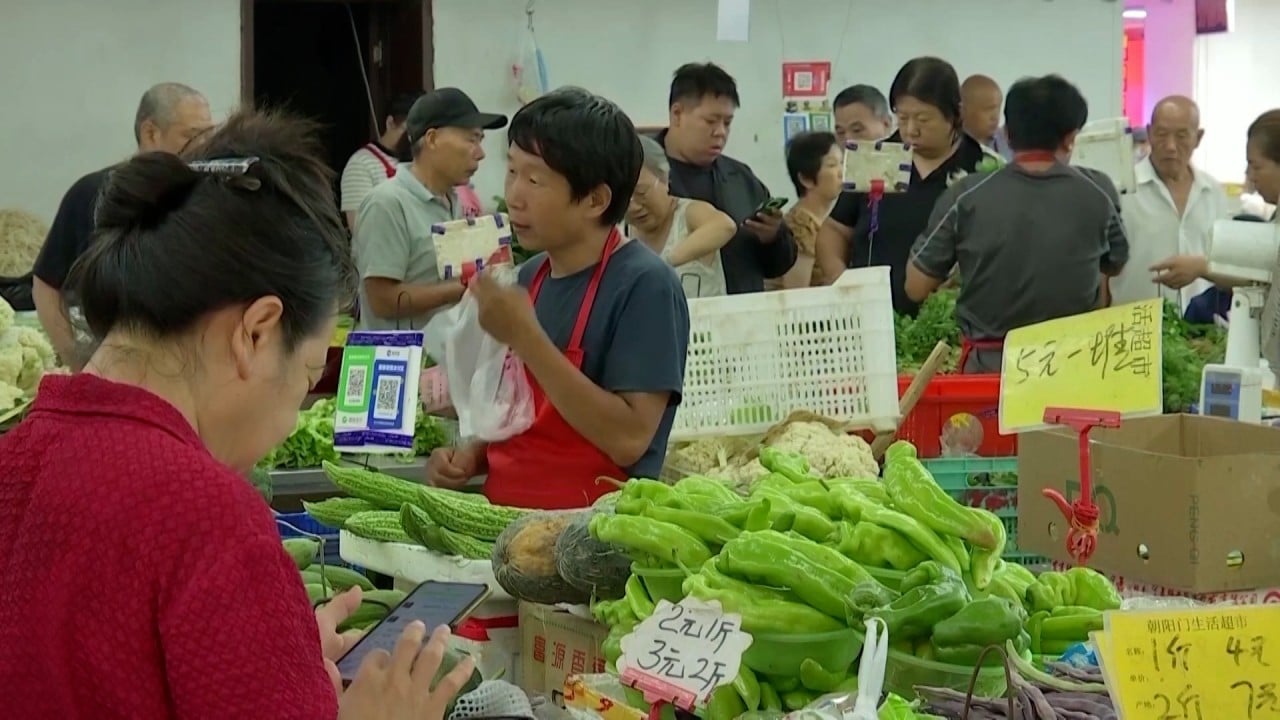China’s 10-year government bond yield stood at 2.725 per cent on Thursday, its highest level since May 9. The yield on the one-year government bond rose to 2.231 per cent, a level not seen since March 24.
The 4.9 per cent gross domestic product (GDP) growth rate in the third quarter along with resilient retail sales and industrial production data in September have put Beijing’s annual GDP target of about 5 per cent within reach. China needs 4.4 per cent growth in the fourth quarter to meet the full-year goal, according to the statistics bureau.
Global fund managers including Pinpoint Asset Management and Invesco say that the likelihood of Beijing launching additional fiscal supportive measures is declining for the rest of the year. That may provide a reprieve to the bond market that has endured sell-offs over the past two months amid a stabilisation in growth.
“The risk of a further upside on yields is controllable given the likelihood of no further ramp-up of fiscal policies,” said Liu Yu, an analyst at GF Securities in Shanghai. “The bond market is expected to recover in November.”
The recent pullback in the bond market has been mainly triggered by improved sentiment in stocks and speculations the government will increase the fiscal deficit to sell new debt to fund infrastructure projects, according to Xing Zhaopeng, a strategist at ANZ Bank.
“We believe the 10-year yield is close to its near-term peak considering the ongoing bumpy recovery in China’s economy,” said Xing. “The slowdown in China’s economy is largely structural, so China bonds will maintain their bull run in the longer term.”
For the year, the yield on the 10-year bond has dropped by 11 basis points, hitting a two-year low of 2.538 per cent in August.
China’s CSI 300 Index of the biggest onshore stocks tumbled 2.1 per cent on Thursday, close to a one-year low and taking the year-to-date decline to 8.7 per cent. The renewed sell-off suggests a lack of conviction about the sustainability of the economic recovery among investors.
The base effect, price factors or sample bias may be driving the improvement in the third-quarter data, and the stabilisation is not broad-based, with weak inflation in September, according to Nomura Holdings.
China’s growth is likely to slow through early next year, and full-year growth for 2024 is expected to moderate to 3.9 per cent, according to the Japanese brokerage.
China’s local governments issuing refinancing bonds to tackle LGFV debt
China’s local governments issuing refinancing bonds to tackle LGFV debt
“It is still too early to call the bottom, as pent-up demand for travel and gatherings may fade notably after the golden week holiday,” said Lu Ting, chief China economist at Nomura. “The property sector has yet to truly recover, highly restrictive interest rates in developed markets may finally weigh on the global economy, and market confidence in China’s economy remains depressed.”
For US money manager Invesco, which oversees US$1.5 trillion of assets, haven trade may be a good strategy to ride out the challenging environment, with massive stimulus less likely in China, but more monetary loosening.
“It’s clear to me that investors should not expect any kind of stimulus bazookas, though further measures are needed for the flailing property market,” said David Chao, a strategist at the asset-management firm. “In addition, I expect further cuts to the RRR [reserve requirement ratio] and loan prime rate.”


